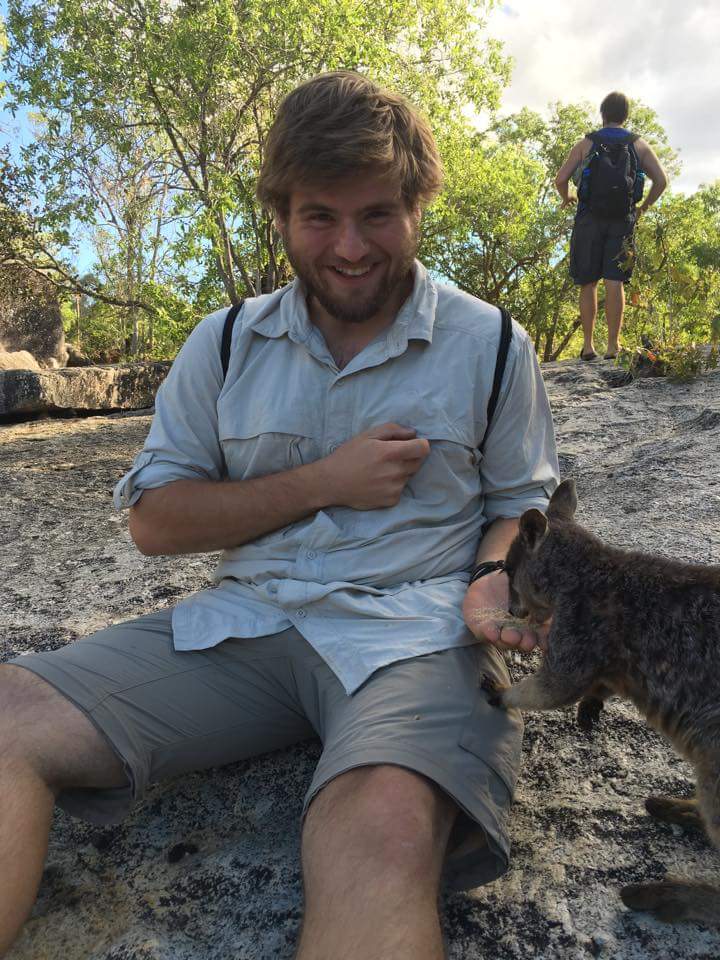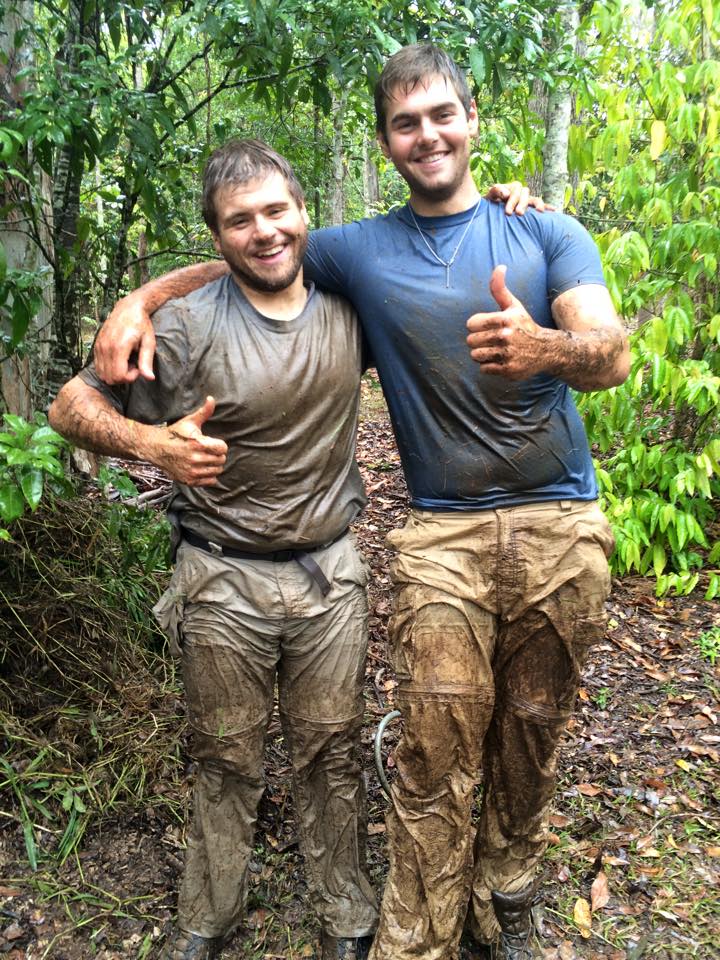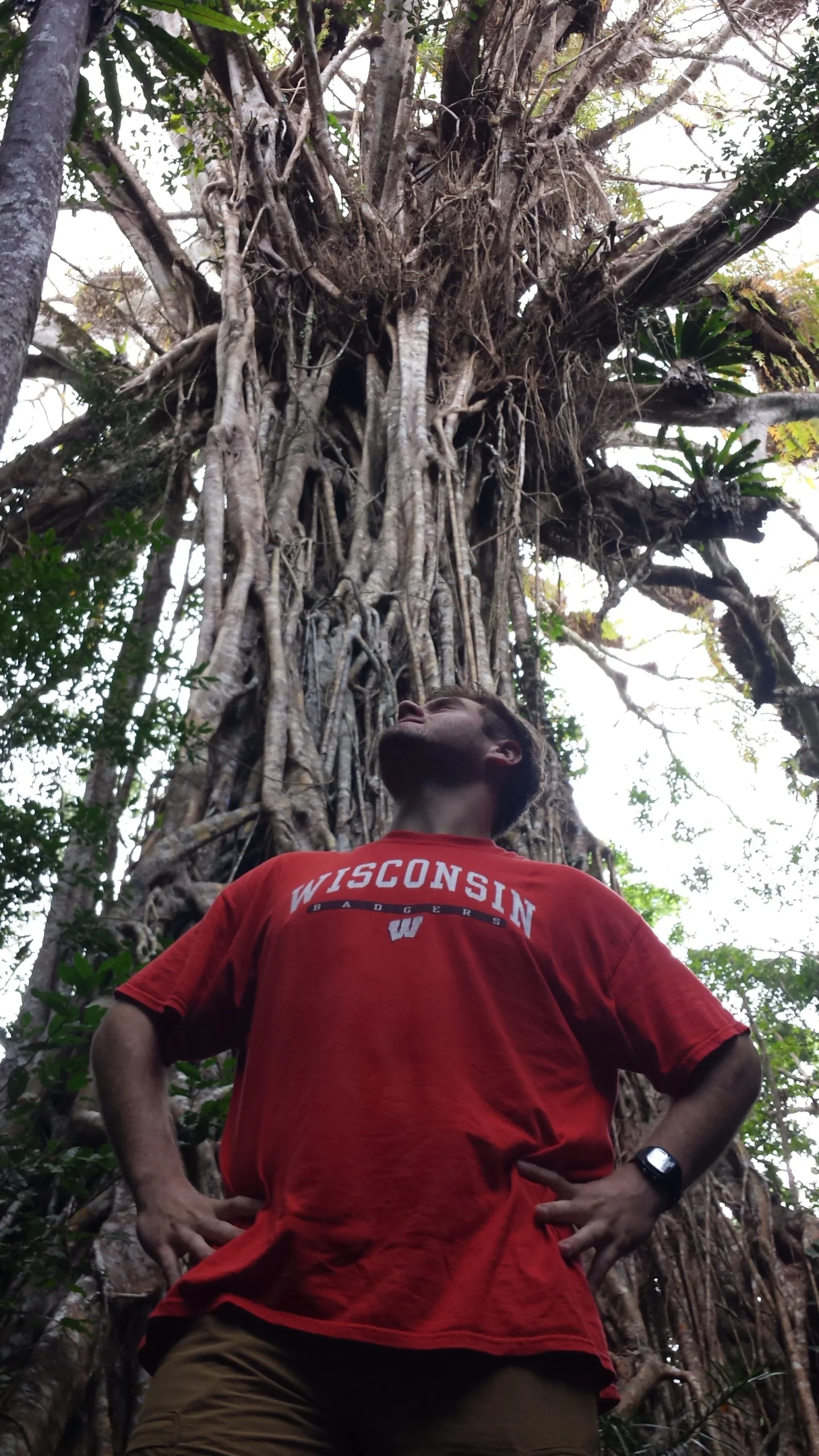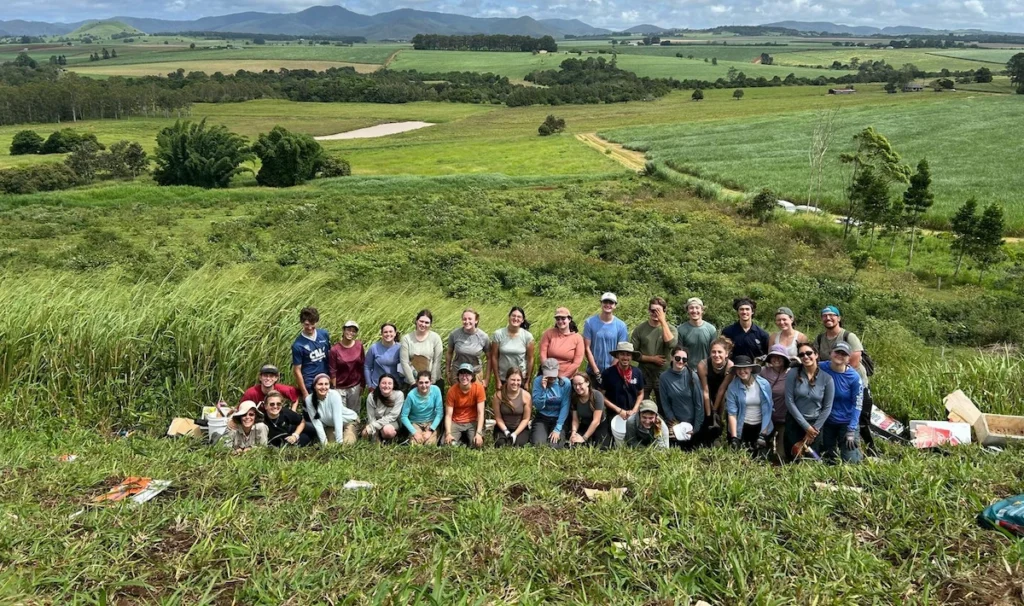The Experience of a Lifetime “Down Under”
I recall watching television shows in my youth about scientists and researchers tramping through tropical environments in distant locales. I wanted so much to experience the same things; to explore the world, work in dynamic ecosystems, and to make new discoveries in biology. Australia in particular caught my attention because of its rich history, extreme diversity of landscapes, and plants and animals found nowhere else on Earth. Ever since then I have dreamed of traveling to Australia and learning in its unique ecosystems. The Rainforest Studies semester program offered by The School for Field Studies (SFS) provided me with the chance to achieve my lifelong goal.
The past three months abroad have brought me many things. Most of what I learned was biological in nature, such as animal ecology, what makes a rainforest, and how people can live in a sustainable manner while promoting the growth of rainforests. Although these topics focused on Australian examples, the same themes of natural resource management and conservation can be applied to other areas of the world, which makes this information invaluable.
One of the biggest things that I learned with SFS was what it takes to do field biology. This is something that makes this semester stand so far apart from my conventional educational experiences, where we usually just sit and take notes in a lecture hall, with a few discussions thrown in. At SFS I learned the practice behind the theory instead of just the theory. Most of what I learned in traditional classroom lectures abroad was incorporated into hands-on activities, including traveling to diverse landscapes, learning about the flora, fauna, and people of the land, as well as collecting data from the field for critical analysis. This learning process was beneficial not only in developing personal skills, but also for conducting research in biology.


By far the most rigorous portion of the program abroad was Directed Research, in which each student selected a topic for a monthlong research project under the guidance of a professor. I chose to investigate habitat usage of Lumholtz’s tree-kangaroos, a marsupial found only in northeastern Australia, and the impacts of residential areas and loss of connectivity between populations. This was the most challenging thing that I have ever undertaken, but it is a successful personal accomplishment. It was an enjoyable learning experience working through the research process, from topic formulation to data collection to report writing. For me, it really solidified exactly what a field biologist does and the scientific research behind the management and conservation of wildlife.
After studying in Australia, I have gained a better understanding of myself, about what I want in life, and where I am going. I feel better prepared as a burgeoning biologist seeking to study life and ensure its conservation for generations to come. I had the best experience of my life, learned so many things about this unique continent and my role as a future biologist, and also made a family of lifelong friends that I will always share a connection with.

Related Posts

Cinder Cone Chronicles: Lessons from Drought, Data, and Determination

Reuniting with Tanzania: Eric Walsh’s “Reunion Flag” Keeps the Spirit Alive
